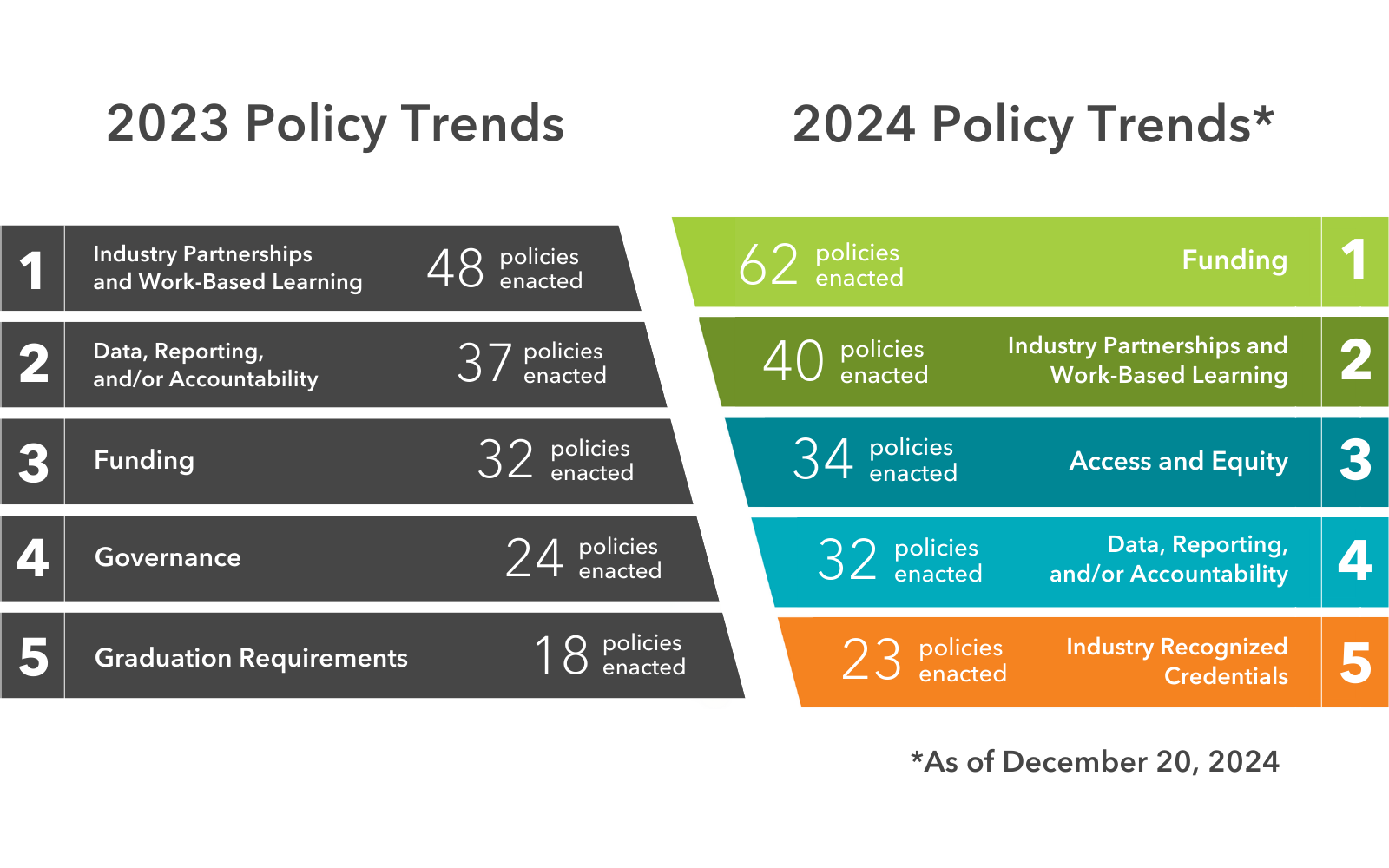Learning that Works! Blog
Sharing the latest Career Technical Education (CTE) innovations, event highlights, and resources from across the nation.
State Policy Review: Expanding Learners’ Access to CTE Through Grants and Scholarships


Blogs by Category
Sign up for Advance CTE’s newsletter and email updates
